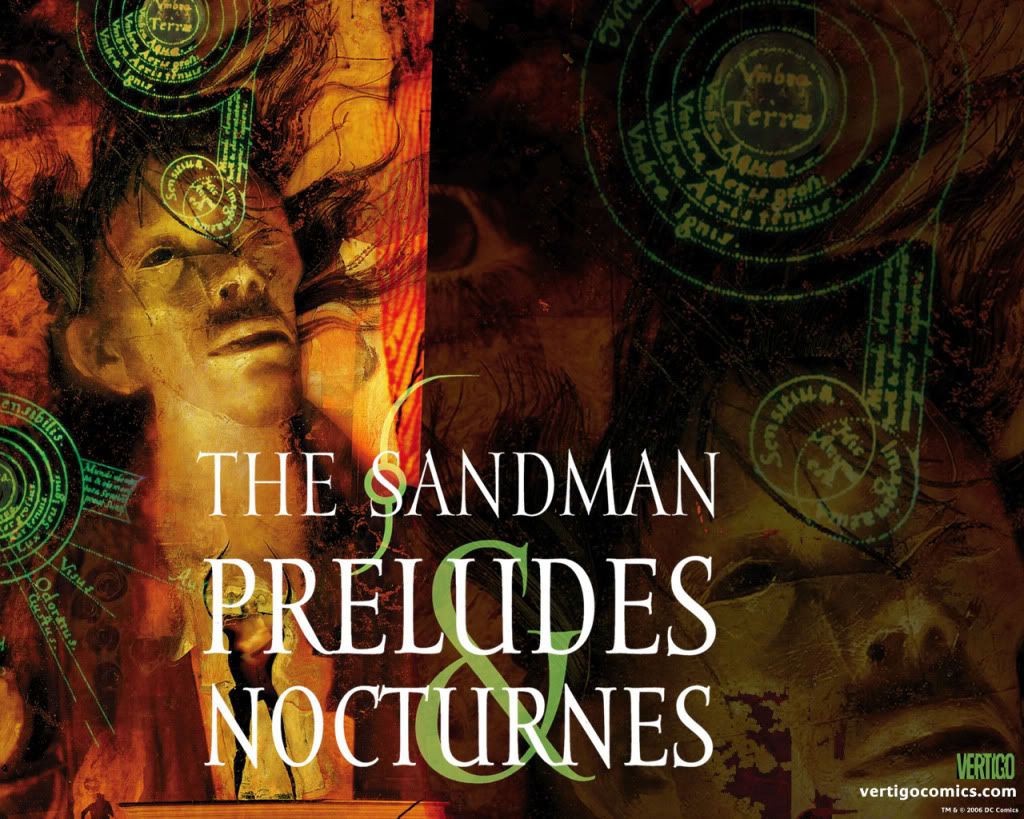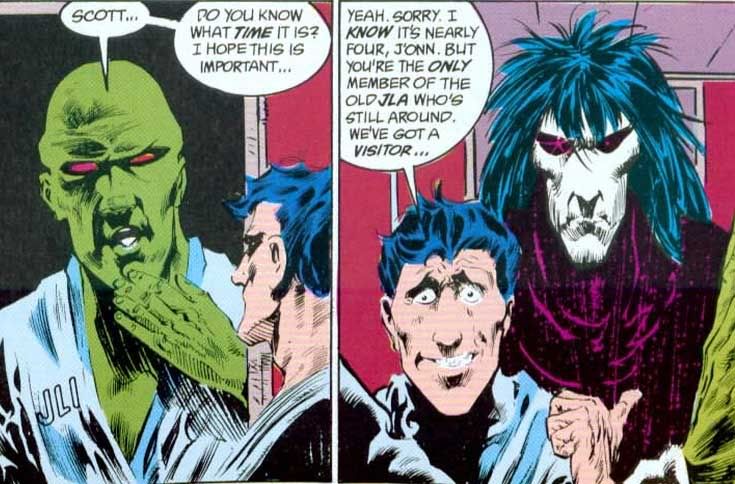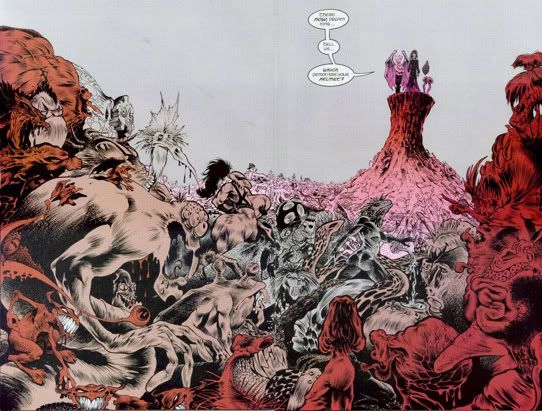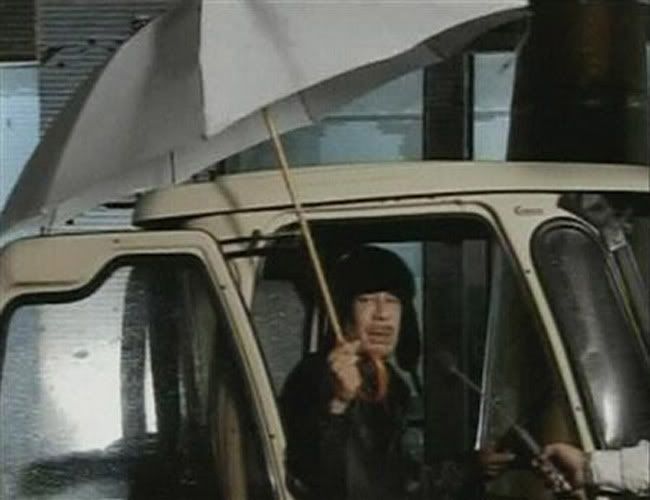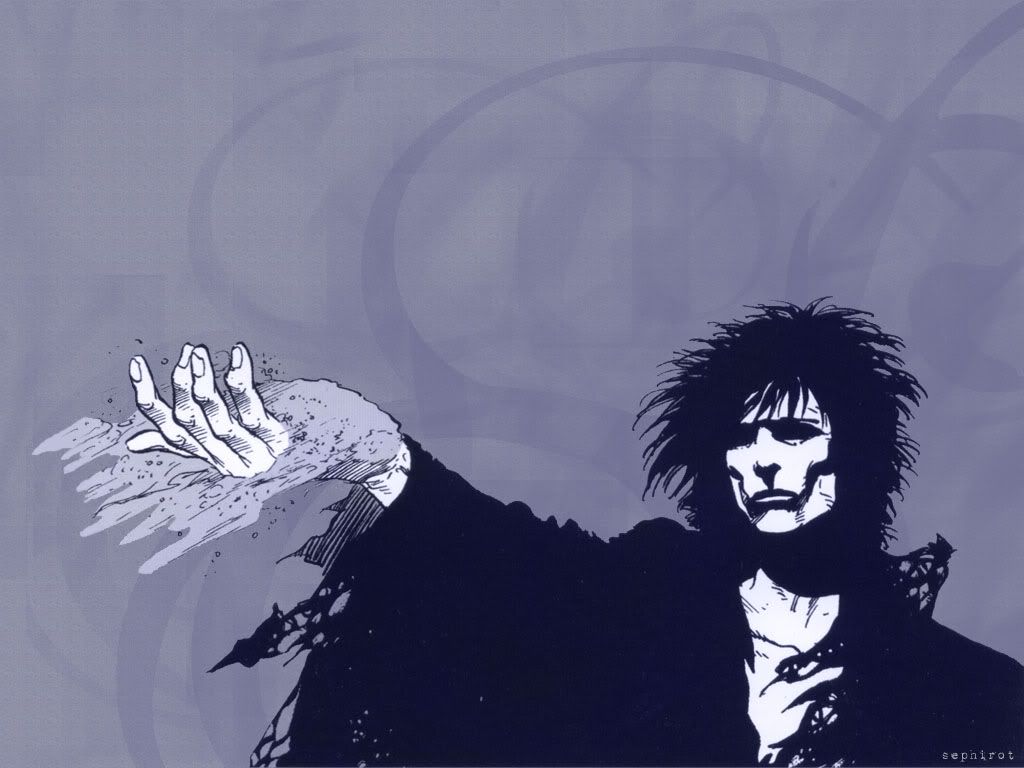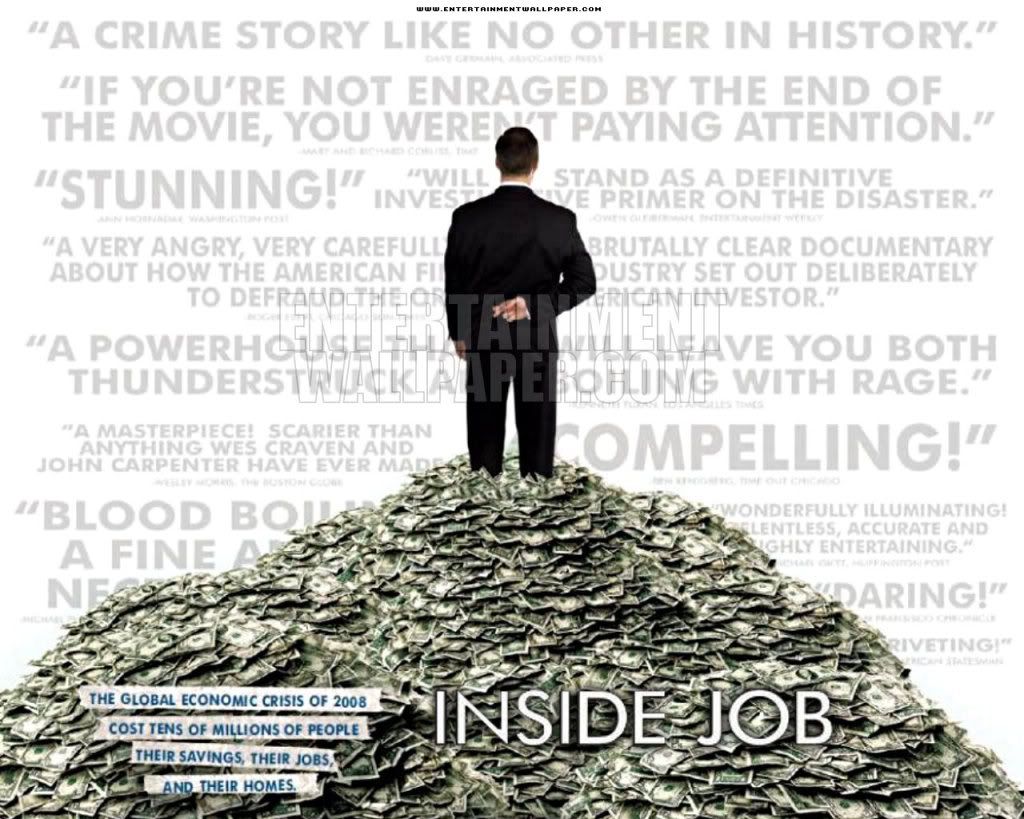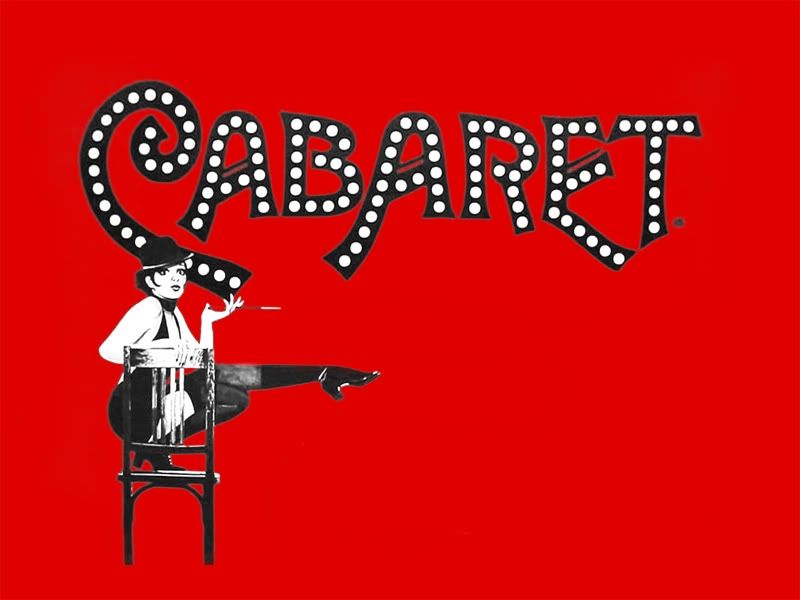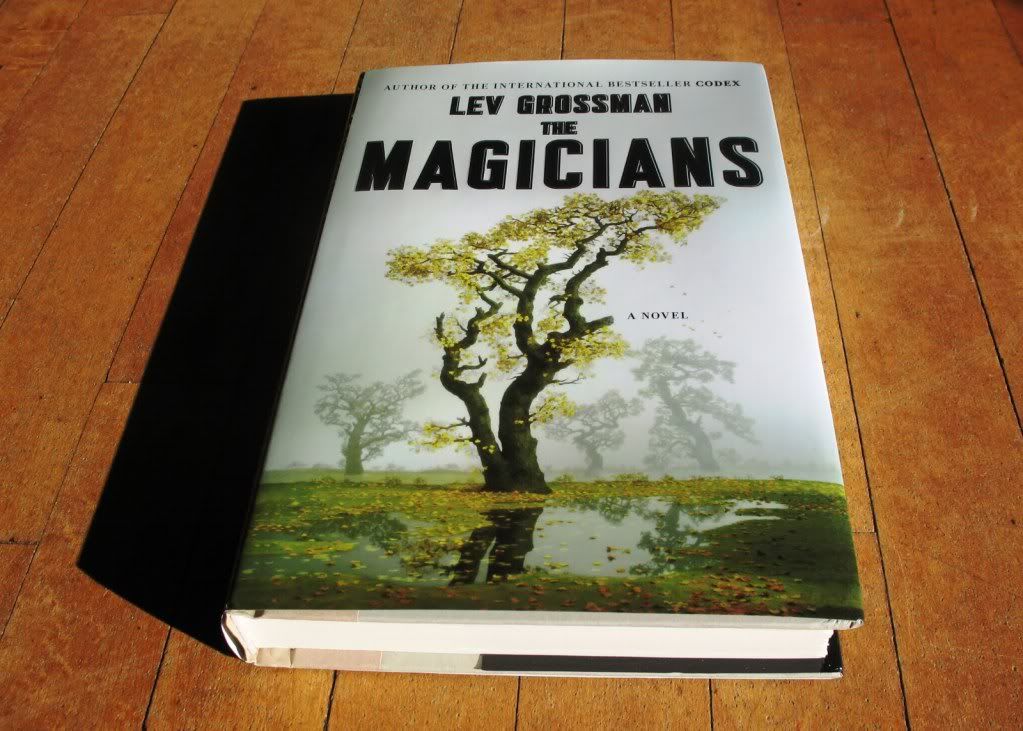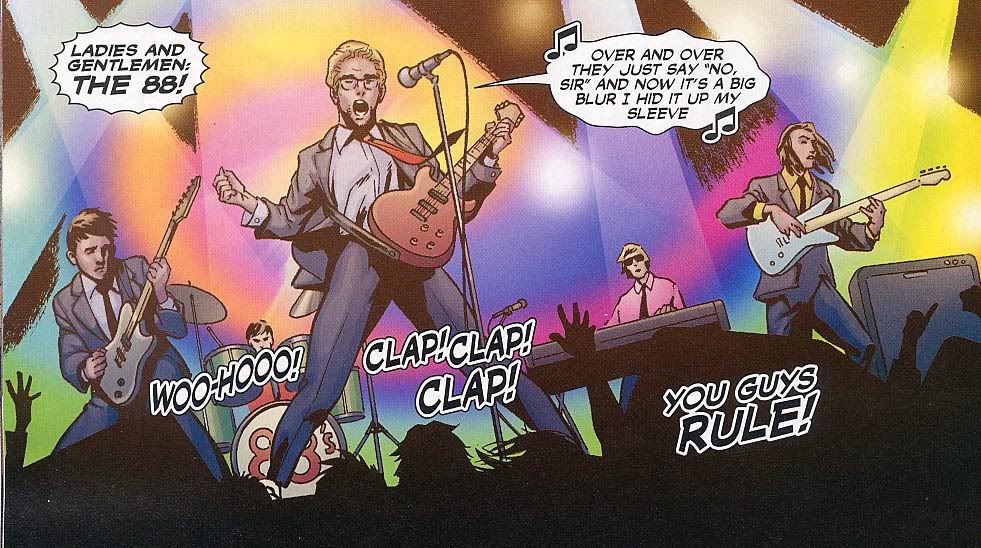
The Supreme Court ruled in favor of the Westboro Baptist Church in the Snyder v. Phelps case, which you might know better as the incident where Fred Phelps and his team of lowlifes demonstrated at a military funeral with signs reading "God Hates Fags!" Important point #1: Matt Snyder was not gay. Why is this important? Read on.
To understand the legal basis for the decision, you have to divorce yourself from the unique brand of ire and anger inspired by WBC. It doesn't help that WBC has gone on to make more egregiously distasteful demonstrations, most notably at the funeral for the little girl shot in Tucson, Arizona, and then at the funerals for the other casualties. They wanted to demonstrate against a nine year old girl because she was Catholic! (Granted, they weren't allowed to protest at the little girl's funeral, but by then the scandal was omnipresent).
It is only natural that the bereaved would be offended by these statements. But is that grounds to block any sort of controversial speech at funerals? That is perhaps a debate for another time. But considering the facts of this particular case, the Snyders, who do have my complete sympathy, have no legal standing in the suit.
The facts are these.
The media narrative suggests that Westboro were present and disruptive during the actual funeral, but this is not factually supported:
Although Snyder testified that he could see the tops of the picket signs as he drove to the funeral, he did not see what was written on the signs until later than night, while watching a news broadcast covering the event. (Opinion at 3)
This is because the picketers were more than 1000 feet away, on a public sidewalk, NOT in the funeral venue.
So there goes the defamation and emotional distress charges. You cannot be retroactively distressed at something you didn't know was going on.
Then there's the matter of what constitutes protected speech: are the WBC even allowed to make these statements?
They are if it's a matter of public concern, aka the most protected form of free speech.
Whether the First Amendment prohibits holding Westboro liable for its speech in this case turns largely on whether that speech is of public or private concern, as determined by all the circumstances of the case. ““[S]peech on ‘‘matters of public concern’’ . . . is ‘‘at the heart of the First Amendment’’s protection.’’”” Dun & Bradstreet, Inc. v. Greenmoss Builders, Inc., 472 U. S. 749, 758––759 (1985) (opinion of Powell, J.) (quoting First Nat. Bank of Boston v. Bellotti, 435 U. S. 765, 776 (1978)). The First Amendment reflects ““a profound national commitment to the principle that debate on public issues should be uninhibi- ted, robust, and wide-open.”” New York Times Co. v. Sullivan, 376 U. S. 254, 270 (1964). That is because ““speech concerning public affairs is more than self-expression; it is the essence of self-government.”” Garrison v. Louisiana, 379 U. S. 64, 74––75 (1964). Accordingly, ““speech on public issues occupies the highest rung of the hierarchy of First Amendment values, and is entitled to special protection.”” Connick v. Myers, 461 U. S. 138, 145 (1983) (internal quotation marks omitted). (Opinion at 5-6)
And also:
Speech deals with matters of public concern when it can ““be fairly considered as relating to any matter of political, social, or other concern to the community,”” Connick, supra, at 146, or when it ““is a subject of legitimate news interest; that is, a subject of general interest and of value and concern to the public,”” San Diego, supra, at 83––84. See Cox Broadcasting Corp. v. Cohn, 420 U.S. 469, 492––494 (1975); Time, Inc. v. Hill, 385 U. S. 374, 387–– 388 (1967). The arguably ““inappropriate or controversial character of a statement is irrelevant to the question whether it deals with a matter of public concern.”” Rankin v. McPherson, 483 U. S. 378, 387 (1987). (Opinion at 6-7)
The Court held, correctly, that the content of Westboro's signs 'plainly relates to broad issues of interest to society at large, rather than matters of 'purely private concern''. So when they say "God Hates the USA," "America is Doomed," "God Hates Fags," etc., it is offensive, but it is allowed as commentary on the state of 'the political and moral conduct of the United States and its citizens'.
Finally, and perhaps most importantly, the WBC did not break any locak, municipal, state or federal laws or ordinances in its fame-mongering.
Simply put, the church members had the right to be where they were. Westboro alerted local authorities to its funeral protest and fully complied with police guidance on where the picketing could be staged. The picketing was conducted under police supervision some 1,000 feet from the church, out of the sight of those at the church. The protest was not unruly; there was no shouting, profanity, or violence.
And there you have it. WBC spoke out in a public place, on a matter of public concern. Just as they have the legal right to make their statements, the rest of us have the legal right to challenge them in the same political space, and in myriad others.
If there is a bedrock principle underlying the First Amendment, it is that the government may not prohibit the expression of an idea simply because society finds the idea itself offensive or disagreeable.” Texas v. Johnson, 491 U. S. 397, 414 (1989).
Do I believe that the Westboro Baptist Church are the scum of the Earth? Certainly. I also believe they have the right to continue to be the scum of the Earth unless they break any actual laws, make direct threats or perform acts of physical harm. What the case boils down to is that WBC should be held criminally liable for being hurtful. Well, 'hurtful' is a subjective standard, and under no circumstances should it be enshrined as legally valid. Where does it stop, then? Military families are hurt by anti-war protesters, does that mean we can't protest? This is the speech that was at risk in this case. Thankfully, the Supreme Court chose to uphold the First Amendment.
Free speech is the bedrock upon which American society was founded. And that means having to listen to opposing viewpoints that challenge your own beliefs. Even when those viewpoints are morally indefensible.
And now we close with a bit of light humor courtesy of Easy A: "The funny thing is, the whole time this was going down? I couldn't but think that I could have made better signs."
